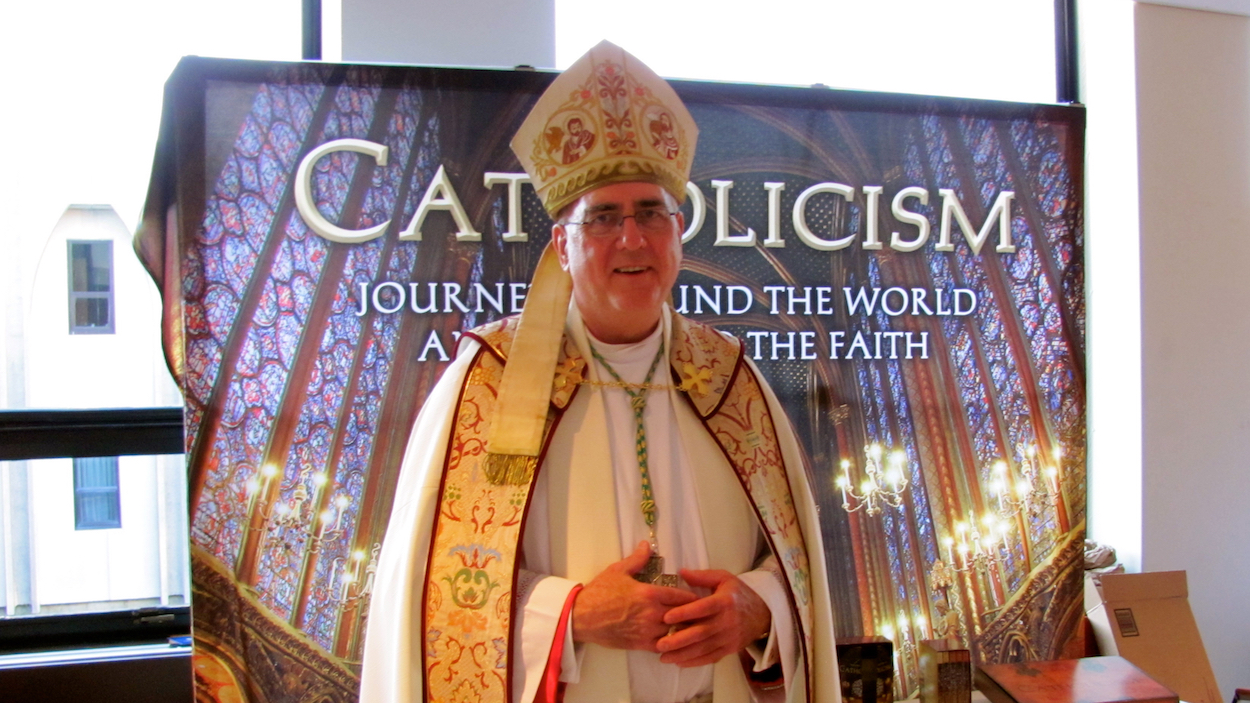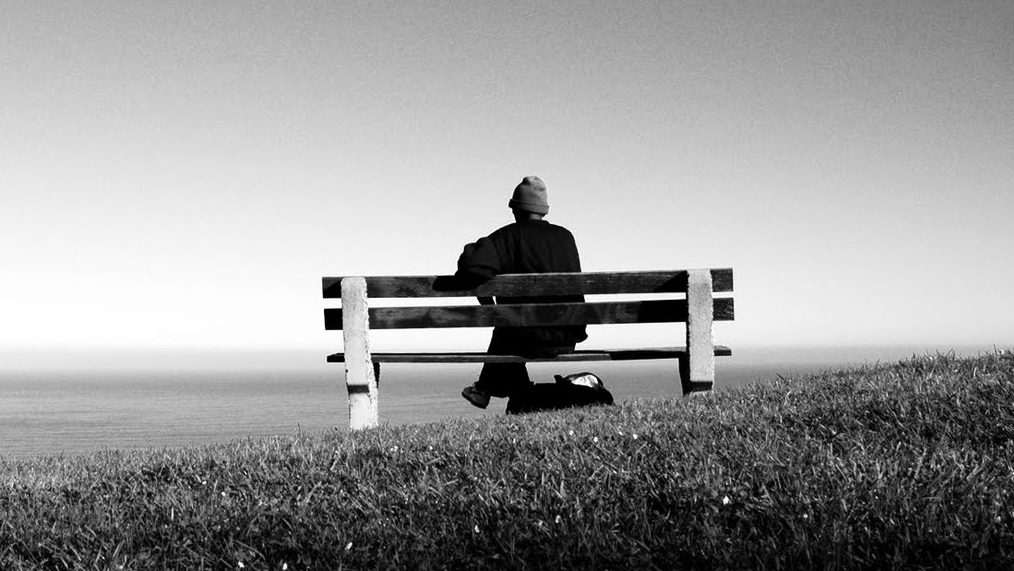According to most reports, a majority of Catholics intend to vote for Hillary Clinton this year. The reason, at least in part, is that Democrats have always claimed to champion working class voters, and Catholics still believe them. In the days when Democratic ideals and programs were compatible with Catholicism, such unquestioning allegiance posed no great danger. But today the situation has changed.
Democratic ideals and programs are not what they once were, particularly concerning abortion. Today’s Democratic Party strongly supports unrestricted abortion at any stage of a pregnancy, up to and including the moment of delivery. In sharp contrast, the Catholic Church has always regarded the taking of innocent human life as a mortal sin.
Hillary Clinton shares her Party’s commitment to abortion. Her running mate Tim Kaine also does. As a Catholic, he explains, he is “personally” opposed to abortion, but as an elected official he has no right to impose his view on others.
There is a long-standing precedent for this tortured reasoning. It was borrowed from Boston’s Cardinal Cushing in the 1960s, honed by the Kennedy clan (with his tacit approval), and proclaimed by Mario Cuomo in his infamous Notre Dame speech. Liberal Democrats have been hiding behind it ever since while, sadly, members of the Catholic hierarchy have been generally reluctant to criticize them directly for fear of being seen as interfering in the electoral process.
Until now!
Kansas City Archbishop Joseph Naumann has exposed the absurdity of Kaine’s position, and Phoenix Bishop Thomas Olmsted has gone further by reminding Catholics that lending support to abortion is a grave sin.
Archbishop Naumann’s essay, “Our Choices End Where Another’s More Fundamental Right Begins,” notes Kaine’s glaring inconsistency in applying his “can’t impose my religious views” principle. For example, the Archbishop points out that Kaine has no difficulty voting his Catholic beliefs on issues of racism, stealing, and perjury. His problem appears to arise only with abortion.
Naumann argues that one does not need to be a Catholic to oppose abortion; one simply needs to understand the government’s duty of protecting innocent human life. He pointedly asks, if Kaine “knows [the] truths of biology, why would he believe that anyone has the right to authorize the killing of an unborn human being?”
The Archbishop concludes that candidate Kaine is “an orthodox member of his party, fully embracing his party’s platform, but a cafeteria Catholic, picking and choosing the teachings of the Catholic Church that are politically convenient.”
Bishop Olmsted’s analysis is detailed in a homily by Fr. John Lankeit, who argues that “There is no single issue that threatens innocent human life more directly, consistently, imminently and urgently than the deliberate killing of baby boys and baby girls in their mother’s womb.”
He explains that abortion is not simply one moral issue among many. It is a special issue because it is intrinsically evil—that is, evil in its very nature.
“If a priest doesn’t speak up,” he continues, “. . . and if the Catholic faithful don’t actively protect the most vulnerable in our society . . . then such Catholics are condoning the killing by their cowardice.”
Fr. Lankeit makes this thought even more forceful and personal for his congregation:
If you . . . know which candidate and party want to promote and expand abortion, and you still intend to enable them to continue their war on the unborn with your vote, then it is my duty as a priest to tell you that your soul will be in grave danger, especially if you present yourself for Holy Communion after casting such a vote with the full knowledge of what you’re doing.
In the course of his homily Fr. Lankeit asks a rhetorical question that cuts through the excuses employed by liberals to silence those who oppose abortion: “Why is opposing sexual abuse of children a matter of justice, but opposing the murder of children a matter of ‘preaching politics’?” Why indeed?
The message offered by Archbishop Naumann, Bishop Olmsted, and Father Lankeit deserves to be read and pondered far beyond their Catholic communities. And their courage in offering it should serve as a model to their fellow bishops and all others who preach the Gospel.
Copyright © 2016 by Vincent Ryan Ruggiero. All rights reserved









Where are the rest of the priests and bishops. I’ve never heard this from the pulpit in any church I have attended.
The link below shows the best sermon on Abortion I have ever heard.
https://www.youtube.com/watch?v=881aDDE5qFY&app=desktop
Great post!